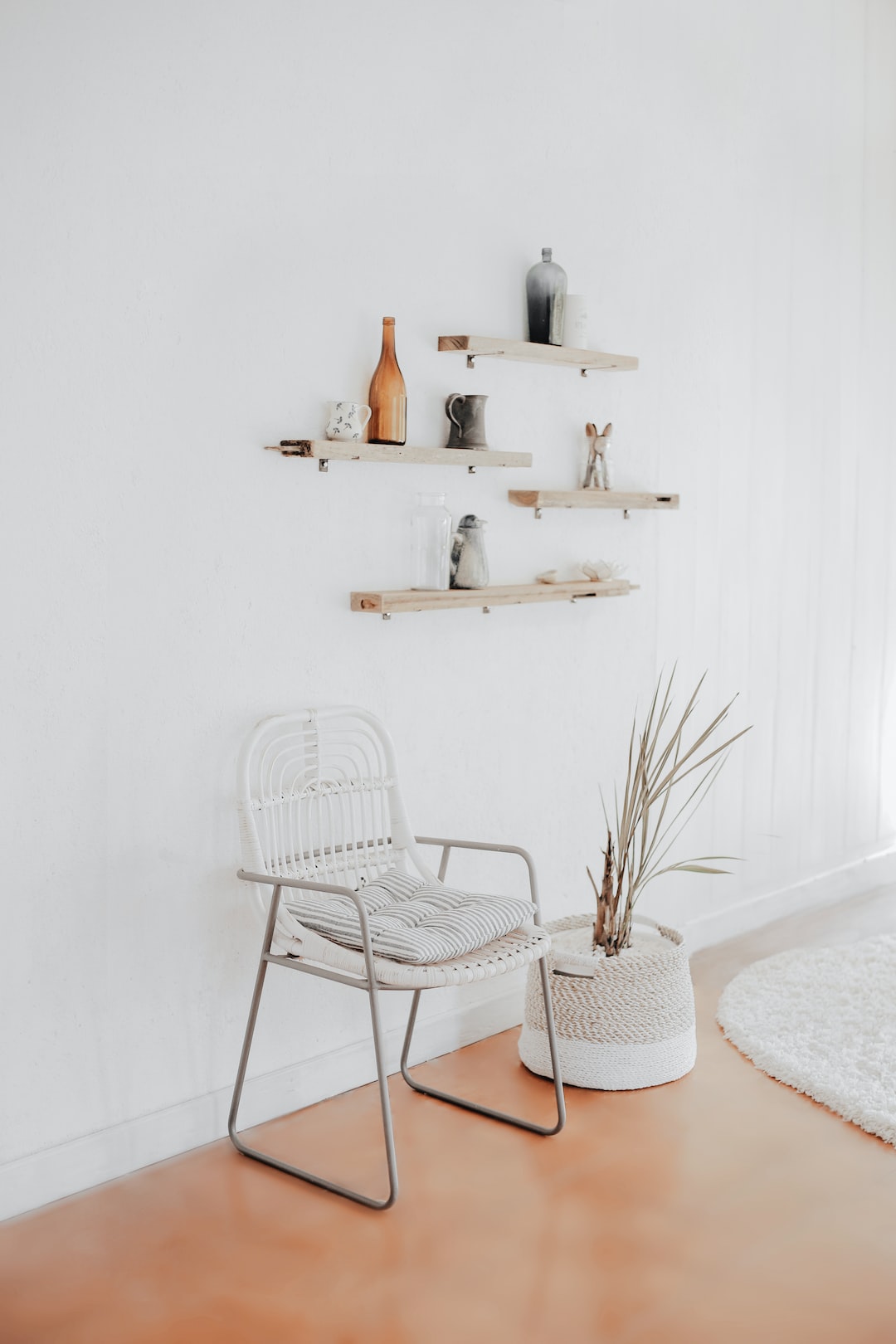Renting vs. Buying: Which Makes More Financial Sense?
For many people, the decision of whether to rent or buy a home is a major financial milestone. Both options have their own advantages and drawbacks, and each individual’s circumstances play a significant role in determining which choice makes more financial sense. In this blog post, we will explore the key factors that you should consider when making this important decision.
1. Flexibility: Renting offers a greater degree of flexibility compared to buying. Leases typically last for one or two years, providing the tenant with the option to relocate more easily. This is especially beneficial for individuals who are uncertain about their future plans, such as those who may need to relocate for career or personal reasons. Buying a property, on the other hand, is a long-term commitment which may limit your ability to move quickly.
2. Equity and Appreciation: One of the main advantages of buying a property is the potential for building equity and seeing appreciation over time. Unlike renters who are essentially paying for someone else’s mortgage, homeowners have the opportunity to build value and secure their financial future. Real estate can be a profitable investment, and homeowners have the chance to benefit from increasing property values.
3. Costs and Expenses: Renting often involves lower upfront costs compared to buying. While renters are typically responsible for a security deposit, monthly rent, and possibly utilities, homeowners need to consider a down payment, closing costs, property taxes, and maintenance expenses. However, it’s essential to note that renting can have its own hidden costs, such as rental increases over time and potential fees for breaking the lease early.
4. Maintenance and Repairs: Homeownership comes with the responsibility of ongoing maintenance and repairs. As a homeowner, you have to maintain your property, including making necessary repairs, replacing appliances, or fixing structural issues. This can translate into significant costs and time investment. Renters, on the other hand, are generally not responsible for major repairs, as they fall under the landlord’s responsibility.
5. Personal Financial Situation: Your personal financial situation is a crucial factor in determining whether renting or buying is more advantageous. Factors such as income stability, credit score, and existing debt should all be taken into account. Owning a home requires financial stability, as you will have to handle mortgage payments consistently. Renting, on the other hand, offers more flexibility, especially for individuals with unstable income or substantial debt.
6. Market Conditions: Another factor to consider is the current state of the real estate market. In some areas, renting may be more cost-effective due to high home prices or limited housing availability. However, in other regions, low interest rates and affordable housing options may make buying more financially appealing. It’s essential to conduct thorough research and consider the local market conditions before making a decision.
In conclusion, the question of whether to rent or buy ultimately depends on your individual circumstances and financial goals. Renting offers flexibility and lower upfront costs, while buying allows for equity building and potential appreciation over time. Taking into consideration factors such as your financial stability, market conditions, and long-term plans, you can make an informed decision that aligns with your financial objectives. Remember, this is an important financial decision, and it is advisable to consult with a financial advisor or a real estate professional to guide you through the process.

